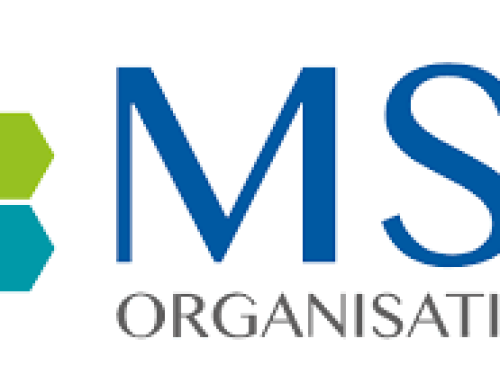I have just been to an excellent seminar on productivity – or, more specifically, how to avoid productivity ‘traps’.
This subject is close to my heart because our clients are investing in new technology specifically to improve their productivity. Therefore, we are constantly updating our knowledge and analysing what we have learned so that we can see where it fits into our clients’ businesses.
The single biggest message of this recent seminar was that productivity apps can, in fact, be productivity traps.
Why? Because one of the biggest productivity traps of our time is the constant changing to, and evaluation of, the latest productivity apps.
Companies that use too many productivity apps concurrently risk not just losing the benefit of each app, but they also risk creating a new inefficiency (that, in turn, would need another app…).
Given that the speaker was an employee of productivity app leader, Evernote this could be seen as ironic, but the point has merit. The app(s) you use in your job generally make no difference to the actual task you are doing because you need prioritisation, skills and commitment to complete the work and get the task done. Certainly, apps are no ‘magic bullet’ to prevent procrastination or lack of productivity.
Too many apps in the workplace?
The seminar also got me thinking about the problems associated with the proliferation of productivity apps in the workplace. I am reasonably confident that, if most SMEs audited their staff’s productivity apps, the number in use would be well into double figures and, more than likely, many would be the same ones they use in their personal lives.
Is this a good thing? It is true that it does reduce or eliminate the need to learn these tools, which saves money and time spent on training, and many are on a free or personal plan – but that is where the benefits start to run out.
Where the crossover of personal and professional apps starts to makes less sense is when you no longer have a common platform across your organisation, which makes sharing tasks, ideas and notes more challenging for staff. It could also silo knowledge and generate duplication of effort, which reduces productivity. Furthermore, by allowing staff to use personal apps, you have no control over the data being stored and you could be unable to retain data when staff leave. In some cases, you could also end up with a possible compliance issue if you keep information subject to data protection or industry-specific regulations.
Having a set of specific productivity tools embedded within your business allows you to build company workflows around them and it develops a culture among staff of working together to achieve more. You can also integrate the apps with other IT applications and develop training programmes to help your staff use apps the way you want them to be used.
Is this a better approach than ‘bring your own app’? Undoubtedly, but everyone in the company will still have their own opinion because apps have become a personal preference.
Will it improve productivity? Yes, because productivity still centres on ‘getting the job done’. And no app (that I know of) can change that.
(Article written on my Evernote app……)








